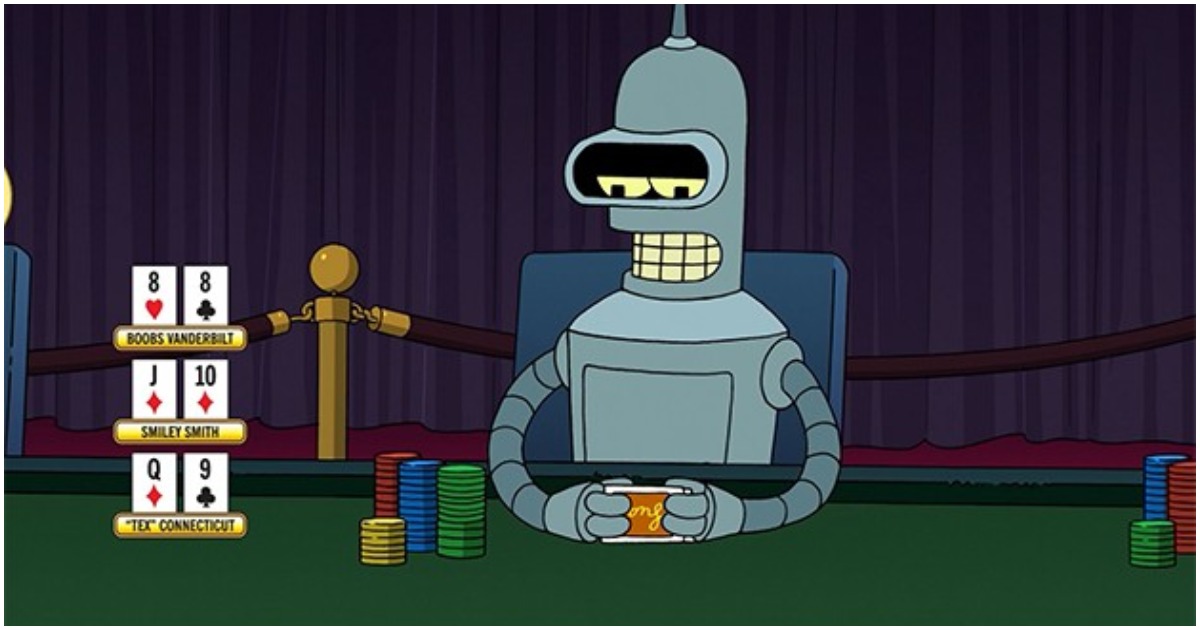Are you considering becoming a professional poker player? Then, this article is for you.
One thing that makes poker interesting is that it’s a game of luck in the short term and a game of skill in the long term. You can train yourself to be a professional poker player—all you need is to know when to bluff, when to bet, and when to quit.
Beyond that, you may find these valuable tips will get you started.
Understand the Game
To be a successful professional poker player, you will need to study all aspects of the game. Learning never stops when it comes to these strategic pastimes, and there is always room to improve.
The best ways to study poker include:
- Reading poker strategy books
- Joining a poker training site
- Hiring a poker coach
Choose a Poker Version and Stick to It
If you often switch from one poker game to another, the chances are that you’ll only be an average player for both disciplines. Picking one game and sticking to it will help you develop skills much faster. You can focus on the most critical aspects of the game and build your experience over one focus area.
Your main task is to decide on the right poker game for you and stick with that decision. Be sure to choose a game that you enjoy, and then put in the effort to master it.
Build Your Skills and Bankroll
Every professional poker player starts at the bottom, refining skills through hours of practice. Find the time to research the game before visiting platforms to play your way to cash winnings.
It’s advisable to start investing in real money poker games only when you’ve started making more fake profit than you lose.
Only Play Winning Hands
It’s critical to choose your poker hands carefully as a professional. You need to skew the odds in your favour, and one way to do this is by making the right-hand selection.
For example, in Texas Hold’em, you should consider starting with a tight-aggressive strategy. Play premium hands strongly when in position but be sure to look out for your opponents. You should only apply marginal hands when in a late position.
Know When To Quit
You don’t have to grow to become a World Series poker champion before you put away the cards. At times, quitting is the best decision to safeguard your financial health.
Most professional poker players quit when they run out of money, but others have left the game due to boredom or a change of careers. If you fail to consistently gain an edge over your opponents and realize that you’re barely making minimum wage after playing for virtually the entire day, stop playing.
Professional Poker Ideas
Attaining a winning position as a professional poker player isn’t easy. You have to be good and possess excellent financial management skills.
As a professional player, you’ll need to treat the game as a business and not a pastime. The above tips might help you on your journey to becoming a professional poker player, but only you will know if and when it is time to change tack.
